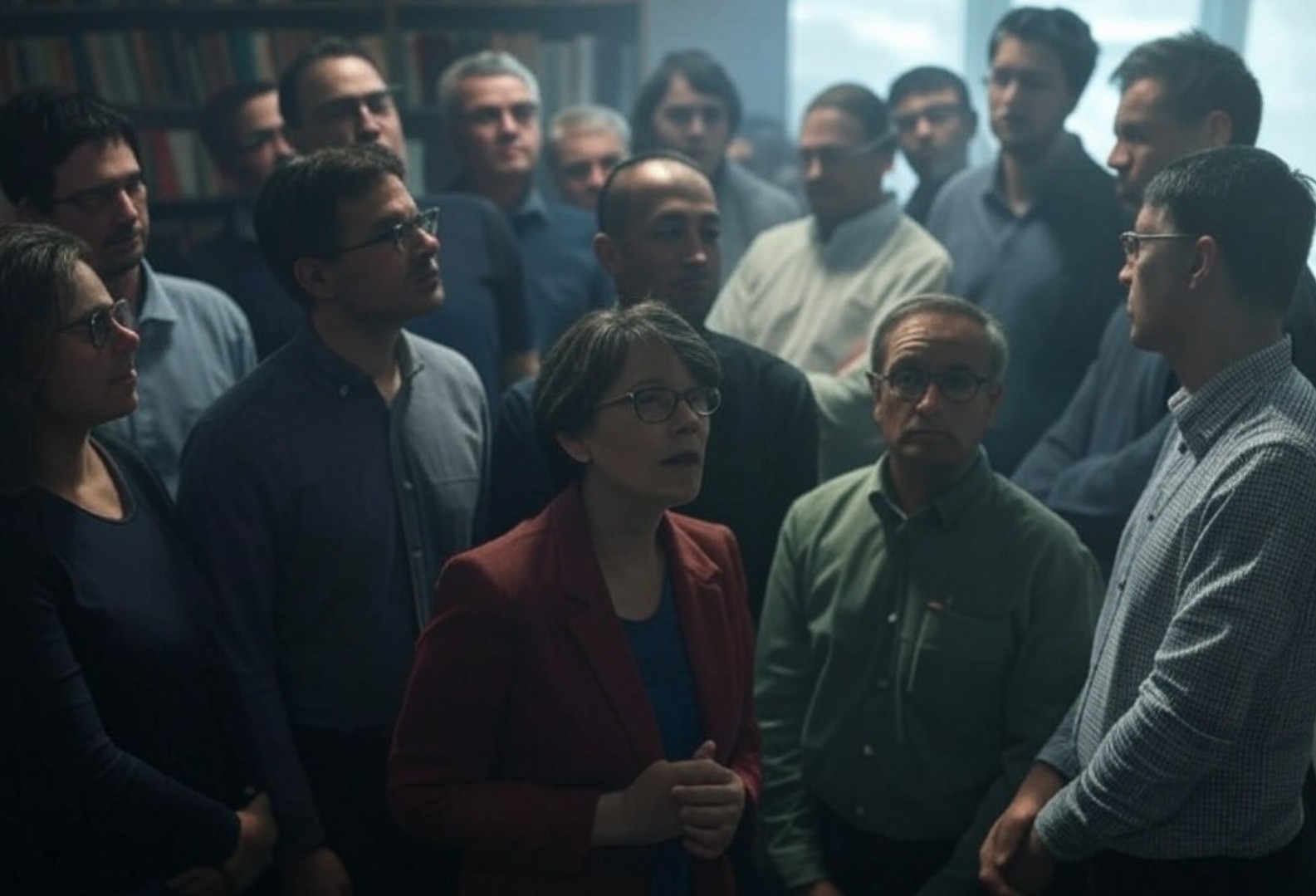Bias:
Bias refers to a predisposition or prejudice toward one thing, person, or group compared to another, usually in a way considered unfair. Here are some key points on bias:
- Media Bias: This can occur in news reporting where stories might be framed in a particular way to favor one political or social viewpoint over another. For example, the choice of words, the prominence given to certain stories, or the omission of others can reflect bias.
- Algorithmic Bias: In AI and digital platforms, algorithms can inadvertently or intentionally promote certain content over others based on pre-existing data biases, leading to echo chambers or skewed representations.
- Confirmation Bias: Both individuals and media can seek out information that confirms their pre-existing beliefs, ignoring or discrediting information that contradicts them.
- Cultural Bias: This involves favoring or promoting one culture’s norms, values, or practices over others, often unconsciously, which can affect international relations, business practices, and intercultural communication.
Censorship:
Censorship is the suppression of speech, public communication, or other information, which may be done for various reasons, including:
- Government Censorship: Often justified by national security, morality, or protection from harmful content. Examples include the censorship of news, literature, or the internet in various countries.
- Corporate Censorship: Companies might censor content to manage brand image, comply with laws, or due to pressure from stakeholders. Social media platforms, for instance, moderate content based on their community guidelines.
- Self-Censorship: Individuals or media outlets might choose to withhold information out of fear of reprisal, loss of reputation, or other personal or professional repercussions.
- Cultural Censorship: Censoring content that might offend cultural or religious sensitivities, which can lead to debates over freedom of expression versus respect for cultural norms.
Interplay and Impact:
- Freedom vs. Control: There’s a constant tension between the freedom of speech and the control or censorship of information. This debate often touches on rights to privacy, security, and the ethical responsibilities of content creators and platforms.
- Impact on Democracy: Bias and censorship can undermine democratic processes by limiting the diversity of information available to the public, thus affecting informed decision-making.
- Digital Age Challenges: With the internet, the scope for both bias and censorship has expanded significantly. Issues like who controls the algorithms on social media, data privacy, and global content regulation are at the forefront of contemporary discussions.
- Counteractions: Transparency in media, education on media literacy, and advocacy for free speech are some ways societies respond to bias and censorship.
When discussing these topics, it’s crucial to critically analyze sources, understand the context, and consider multiple perspectives to avoid perpetuating biases or supporting unnecessary censorship. If you have a specific aspect or instance you’re curious about, feel free to ask for more detailed analysis.
